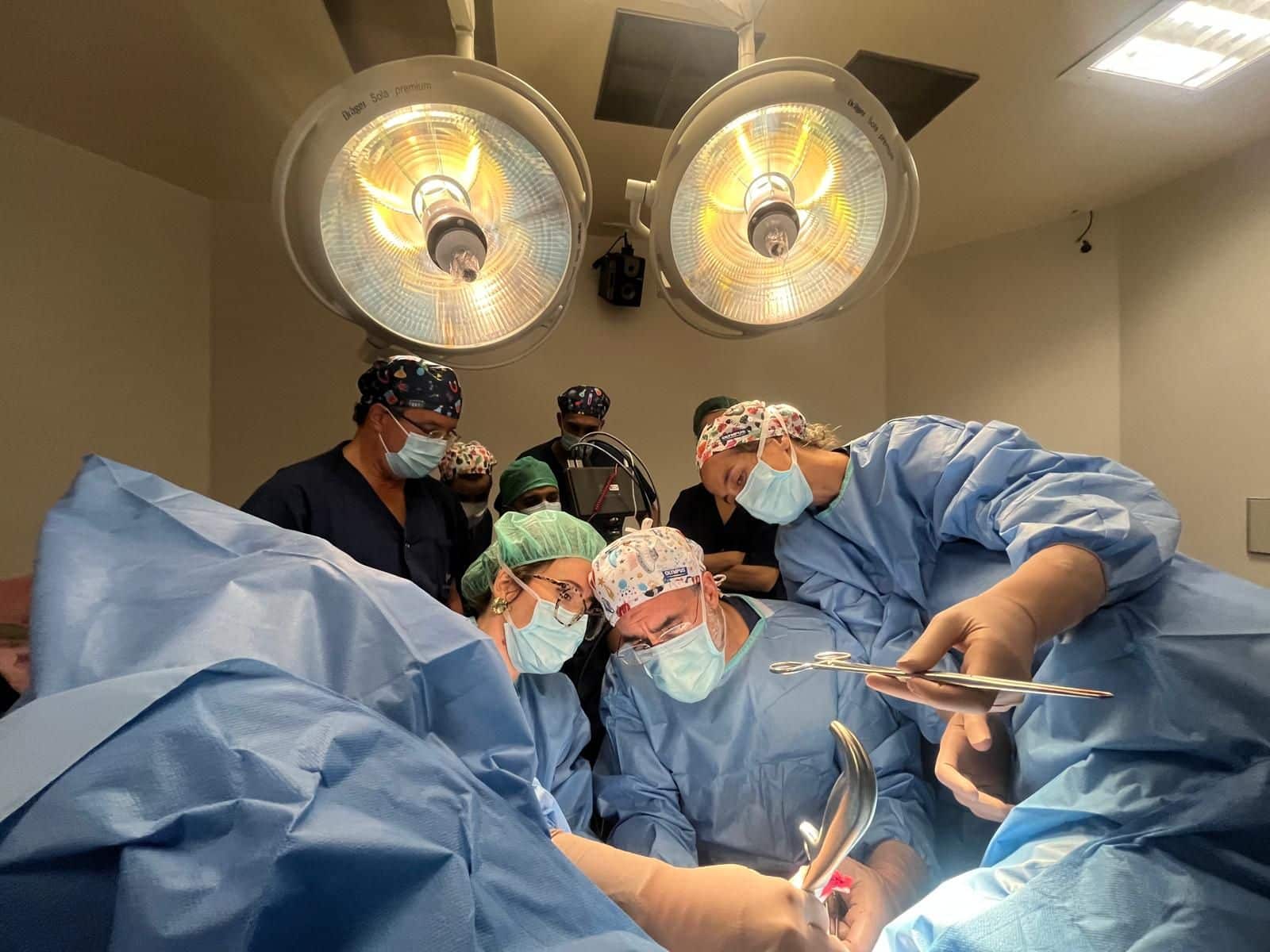Sure! Here’s the translation to American English:
—
Concerns surrounding uterine fibroids have gained relevance in the gynecological field, especially for women of childbearing age. According to Dr. Ignacio Lobo, head of the Gynecology and Obstetrics Department at Quirónsalud Bizkaia Hospital, it is essential for women to understand that fibroids are benign tumors without malignant components. It is estimated that between 70% and 80% of women will develop some fibroid during their lifetime. While most cases are asymptomatic, those with symptoms such as heavy bleeding and pain require medical attention.
Dr. Lobo clarifies that fibroids are easily diagnosed through ultrasound and that in cases where they are small and not causing discomfort, only monitoring is needed. However, there are signs that should prompt women to consult a specialist. These include excessive or prolonged menstrual bleeding, intermenstrual bleeding, pelvic pain which may be accompanied by anemia or fatigue, as well as abdominal distension.
Treatment options vary depending on the size, number, and location of the fibroids. In cases where symptoms are not severe, medical treatment with hormonal therapies may be sufficient. However, when quality of life is compromised, there are minimally invasive alternatives. Hysteroscopy, for example, allows for the treatment of submucosal fibroids without leaving external scars, and is useful in situations where medical treatment is not adequate.
The advancement of medicine has brought innovative techniques such as uterine artery embolization, which reduces blood flow to the fibroid to facilitate its shrinkage. Radiofrequency is also being studied, which uses controlled heat to destroy part of the fibroid tissue and minimize symptoms in patients.
Among the most recent developments is the V-NOTES technique, which allows for transvaginal endoscopic surgeries, avoiding visible incisions in the abdomen. This not only reduces postoperative pain but also accelerates recovery. This approach enables myomectomies and, in certain situations, hysterectomies, always personalizing treatment based on each patient’s needs and desires.
Dr. Lobo emphasizes the importance of not normalizing symptoms such as heavy and painful periods, and he urges women to seek medical attention for any concerning signs. With early diagnosis, effective treatment options can be considered, leading to a better quality of life for those affected.
Source: MiMub in Spanish










